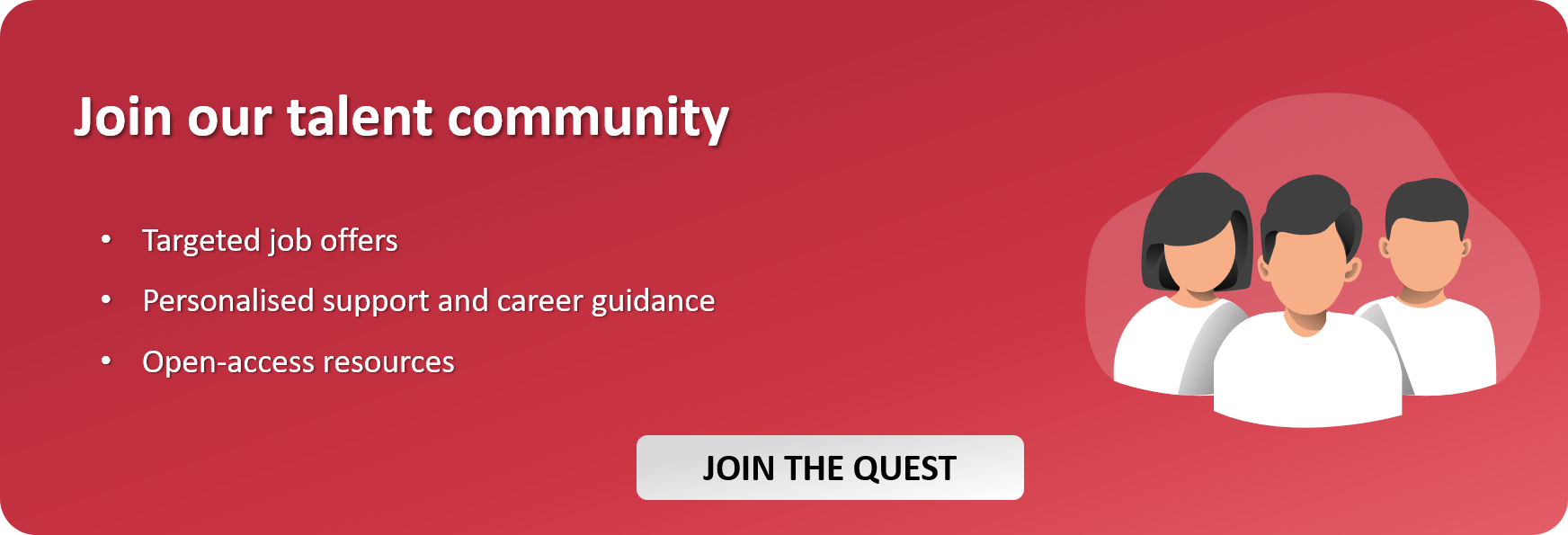It’s renew or die in the world of technology. As an IT expert, you must always keep your eyes peeled for the new top IT skills that will help you stay relevant and advance your career. But the constant evolution of IT tools and the shifting business climate brought about by the pandemic can make it difficult. For example to decide where to focus your upskilling efforts in the year ahead.
While softer skills like communication and time management are life-long partners of success; technical knowledge needs to be periodically revisited and updated to keep up with enterprise trends. The rise of data science, the AI boom and the strong momentum of cloud computing are all setting the agenda for the most in-demand IT skills.
So, where to begin? This list is a good starting point for anyone looking to strengthen their CV/resume or redirect their career.
Top IT skills:
Python: Unmatched Versatility and Popularity
Python continues to dominate the programming language landscape, solidifying its position as a must-have skill for IT professionals. With roots dating back to the late 1980s, Python has evolved into the leading language, especially in the developer community. Its applications in data science and machine learning make it indispensable, while its clean syntax remains appealing to coders.
Looking to get your feet wet? Here are some Python projects to try, from beginner to advanced.
SQL: Managing Data in a Connected World
Structured Query Language (SQL) is a domain-specific language for handling data stored in a relational database management system – a database structured in rows and columns in which all data points are related to one another.
Developers and database administrators use the language’s code to perform actions such as inserting, retrieving and deleting data. Thanks to its database structure, SQL also allows for quick data processing and is used by some of the most popular database management systems, like Oracle’s MySQL or Microsoft’s SQL Server.
Java: A Quarter-Century of Relevance
Celebrating its 25th anniversary, Java remains a powerhouse among programming languages. Renowned for its “write once, run anywhere” portability, Java retains its position as one of the top three most popular languages. Its vast ecosystem, ranging from the Spring Framework to enterprise application servers, underscores its adaptability and continual relevance. Regular updates and refinements further emphasize Java’s commitment to staying cutting-edge.
Cloud Computing with AWS and Microsoft Azure: Navigating the Sky
In the post-COVID business world, cloud computing has become more critical than ever. Amazon Web Services (AWS) continues to lead the cloud platform space, with Microsoft Azure as a formidable competitor. Proficiency in either of these platforms enhances career prospects significantly. Whether it’s AWS’s established position or Azure’s rapid strides, having cloud expertise is a valuable asset in today’s tech landscape.
Would you like to know about life in the cloud? Check out our Microsoft Azure career overview and discover all the paths you could take.
Docker: Containerization for Modern Development
Lat but not least, Containerization, with Docker at the forefront, has become essential for future-oriented developers and IT teams. The benefits of scalability, rapid deployment, and enhanced security make Docker a vital skill. Containers enable the creation and deployment of applications in self-contained units, providing efficiency and bug-free operation across diverse computing environments. Understanding Docker’s capabilities is crucial for staying at the cutting edge of modern development practices.

Need tips on how to find a job in IT? Check out our IT job hunting guide.


